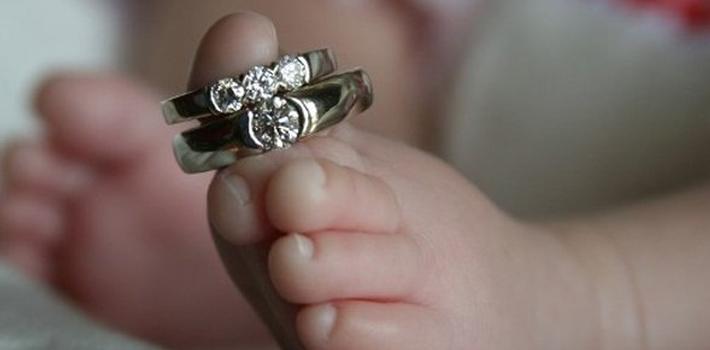Past Event
Seminar: Commitment and the changing sequence of cohabitation, childbearing, and marriage’
Professor Ann Berrington, Professor of Demography and Social Statistics, ESRC Centre for Population Change, University of Southampton
Abstract: In the United Kingdom, standard, traditional sequences of family events have been replaced by a de-standardized life course; marriage is postponed and no longer necessary for childbearing; unmarried cohabitation has increased. New sequencing raises questions about the meaning of cohabitation and marriage in peoples’ lives. This paper analyses data collected within a series of focus groups conducted in the UK. It asks whether the new sequencing of life events implies a shift in commitment in cohabitation, potentially giving rise to new expressions of commitment and understandings of cohabitation. We find that personal commitment is similar in cohabiting and marital relationships, but that marriage is perceived to embody greater moral and structural commitment. Public displays of commitment are increasingly occurring in other ways, such as childbearing and joint mortgages. Although commitment often grows over time, this progression is not necessarily talked about in relation to the timing of childbearing. We conclude that commitment levels are no longer ascribed solely by union type, but rather by other life events and the couple’s own perceived level of commitment.
This event is part of a seminar series:
Michaelmas Term 2015 Seminar Series: Narratives on Marriage and Co-Habitation
This seminar series is hosted by the Oxford Institute of Population Ageing Convenor: Professor Sarah Harper, Director, Oxford Institute of Population Ageing Week one: Please note that the Institute seminar on 15th October is part of the OMS 10 year celebration. The Marriage and Cohabitation Series thus starts on Week two. All welcome
Event Details
05 November 2015 14:00 - 15:30
Location
Oxford Institute of Population Ageing
66 Banbury Road, Oxford, OX2 6PR


